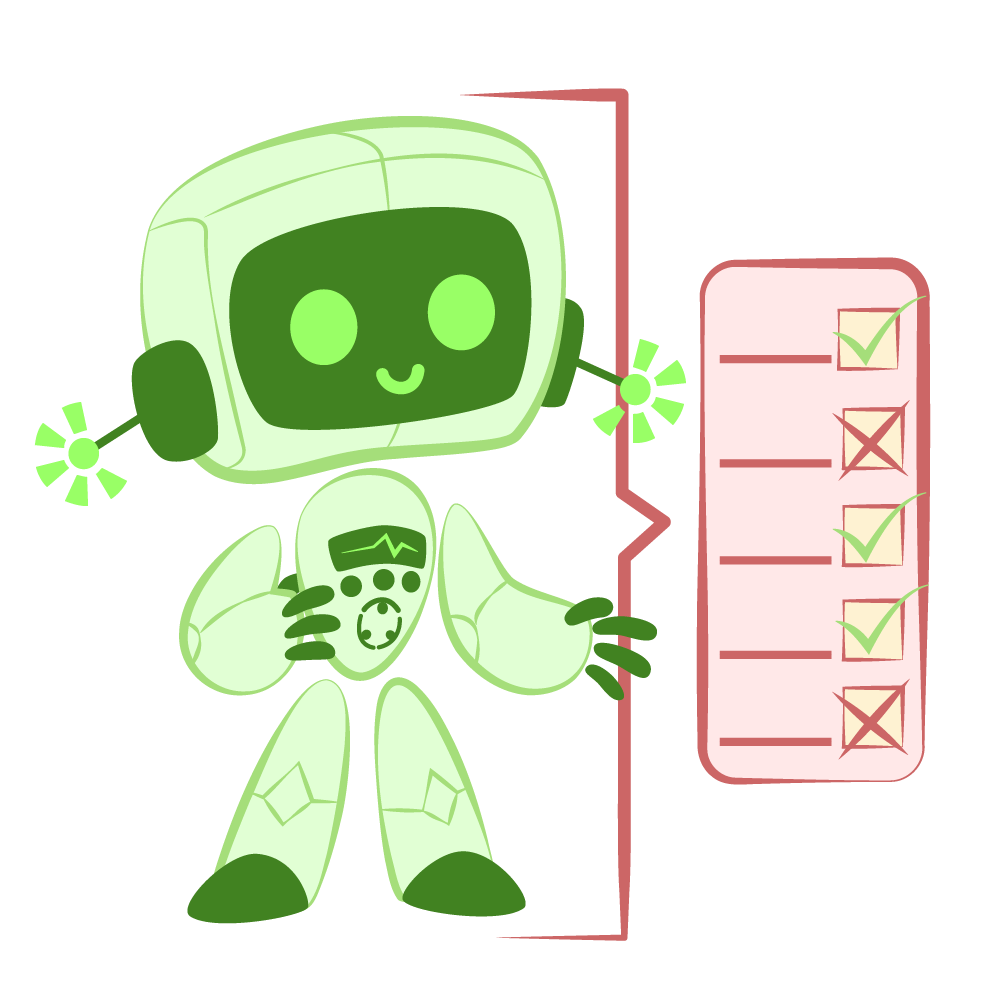Summary
The term “student-centered learning” is often used to describe a shift from a teacher-centric focus to a student-centric focus. Student-centered learning is embodied in three domains: student agency, scaffolded learning, and the cultural nature of learning. While student agency or voice is imperative for authentic student-centered learning experiences, it also requires that teachers surrender some classroom authority to make room for collaboration with students (Flessner, 2014; Kuhlthau et al, 2015; Levy, 2008; Vaughn, 2020). Student voice involves intricate teacher-student interactions enabling informed decision-making based on students' beliefs, preferences, and learning needs in the classroom (Lasky, 2005; Moses et al., 2020). With Artificial Intelligence (AI) instructional strategies, students and teachers are given support in creating their own authentic experiences. The following collection houses an assortment of strategies useful across curriculum to enhance student voice and choice.Resources

Critique the Bot
- 4th - Undergraduate
This strategy encourages students to critically examine text written by artificial intelligence (AI). Teachers first use AI to generate a short story, essay, lab report, script, or other text, then students evaluate the text practicing analysis skills and giving peer feedback. This allows teachers to... Read more »
- Individual, Small Group, Whole Class
- Explore/Learning Activity, Explain/Closing
- 20 - 30 Minutes
- Activate Prior Knowledge, Active Engagement, Analyze, Compare & Contrast, Conversation Starter, Critical Thinking, Evaluate, Identify, Interpret, Recognize, Review, Synthesize, Writing
- 4th - Undergraduate
With this strategy, students are able to practice giving feedback on writing without judgment from the writer, and they also practice analytical skills by determining whether the bot has accomplished the task correctly. In addition, students can check their work autonomously, while also avoiding any embarrassment. By using a chatbot this way, content is more personally connected to the classroom environment.

Robo-Reads
- 4th - Undergraduate
Use this strategy to help students connect to text in a personally meaningful way. Prompt a chatbot—like ChatGPT, MagicSchool AI, Claude, or other LLMs—to generate text that sparks curiosity, caters to the interests or cultures of students, and even includes student choice by asking students to help... Read more »
- Small Group, Whole Class
- Explore/Learning Activity, Explain/Closing
- 10 - 20 Minutes, 20 - 30 Minutes
- Active Engagement, Annotating Text, Collaborate, Compare & Contrast, Conversation Starter, Identify, Interpret, Organize, Reason, Recognize, Student Choice, Synthesize, Vocabulary
- 4th - Undergraduate
Students can use this strategy to practice checking their work and even simulate partner work in an authentic way. The teacher can use this strategy to introduce conversations about the advantages/limitations of the use of AI based on student feedback.

Chatty Chatbot
- 4th - Secondary
This student-centered strategy uses Artificial Intelligence (AI) to simulate a conversation between students and famous historical or fictional characters. Read more »
- Individual, Small Group, Whole Class
- Engage/Opening, Explore/Learning Activity, Extend/Additional Learning Activity
- Less Than 10 Minutes, 10 - 20 Minutes
- Activate Prior Knowledge, Active Engagement, Compare & Contrast, Conversation Starter, Critical Thinking, Cross-Curricular, Elaborate, Reflection, Review, Student Choice, Summarize, Synthesize
- 4th - Secondary
This strategy has students engage with content through role-play and simulated conversations. This approach allows students to explore perspectives, ask critical questions, and deepen their understanding by interacting with historical figures, literary characters, or real-world scenarios in a dynamic and personalized way.

Anticipate the Bot
- 3rd - Undergraduate
Students practice summarizing by comparing/contrasting their work with an AI (artificial intelligence) chatbot. Read more »
- Individual, Small Group
- Explore/Learning Activity, Explain/Closing, Extend/Additional Learning Activity
- 10 - 20 Minutes
- Compare & Contrast, Critical Thinking, Reflection, Self-assessment, Summarize, Synthesize, Writing
- 3rd - Undergraduate
Teachers can use this strategy to create authentic content unique to their classroom setting. Additionally, students may use this strategy to practice description and storytelling skills.
This work is licensed under a Creative Commons CC BY-SA 4.0 License.
Report copyright infringement »

